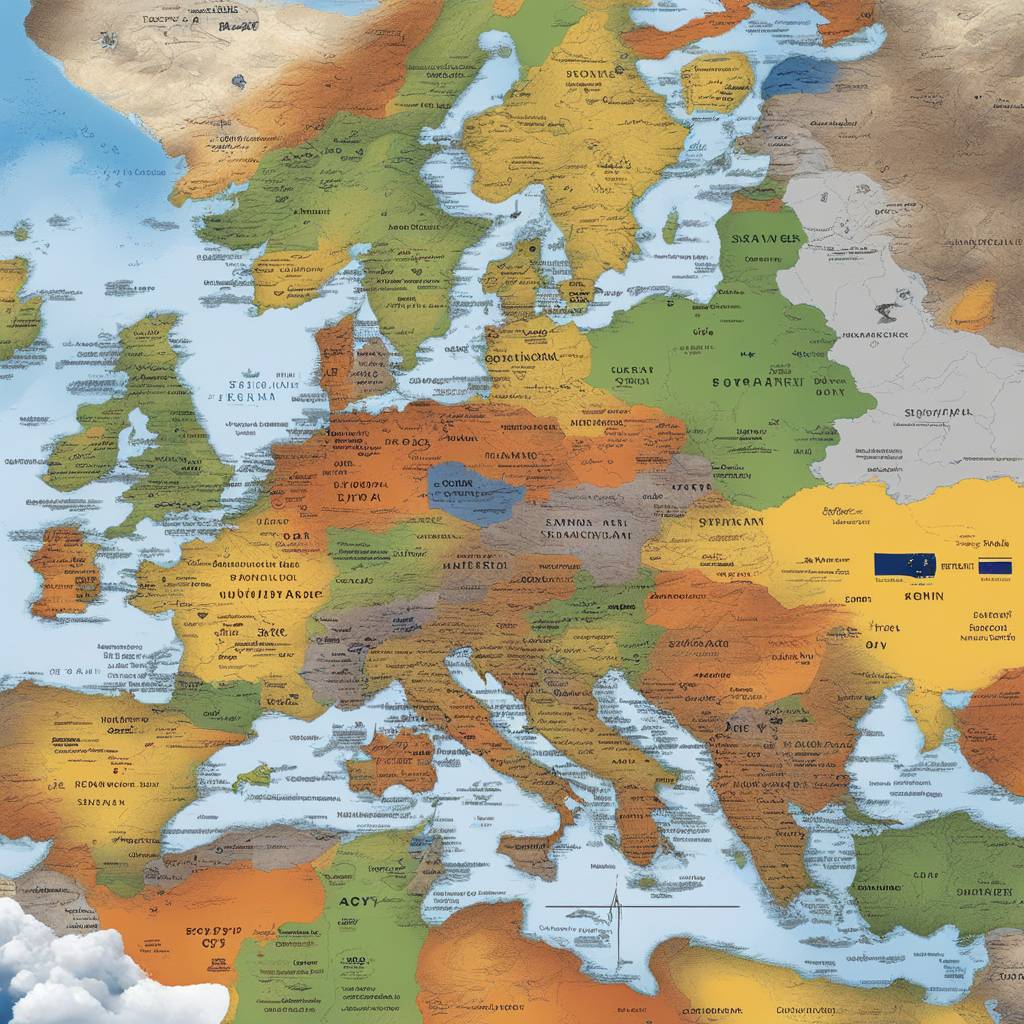The European Union is planning to fast-track $1.1 billion in financial aid to Egypt using an urgent funding procedure that bypasses parliamentary oversight and other safeguards. This money is part of a larger $8 billion financial assistance package announced in March, with most of the funds being macro-financial assistance to be paid directly to Egypt’s Central Bank. European Commission President Ursula von der Leyen cited Egypt’s rapidly deteriorating economic and fiscal situation as the reason for the expedited funding, which is rare for the EU to implement.
The decision to fast-track the aid to Egypt comes ahead of European Parliament elections, which would slow down the delivery of funds if the usual checks were implemented. The move to use Article 213 of the EU treaties allows the funds to be endorsed by member countries without parliamentary oversight. The aid package aims to support Egypt’s economy, which has been negatively impacted by government austerity, the coronavirus pandemic, regional conflicts, and economic pressures. The funds are seen as a way to address migration issues and other challenges facing Egypt.
Aside from the $1.1 billion fast-tracked aid, the EU-Egypt deal also includes a three-year investment plan, loans, and funding for migration management. The funds are intended to help Egypt’s economy recover from its current challenges and implement necessary reforms. Migration remains a key factor in the agreement, as the EU seeks to reduce the flow of migrants from the region to Europe. The deal reflects similar agreements with countries like Mauritania and Tunisia to address migration issues and enhance border security.
While Egypt has not been a major launching pad for migrants crossing the Mediterranean to Europe, the country faces pressures from migratory movements in the region. The urgent funding provided by the EU aims to support Egypt in addressing these challenges and implementing reforms that will benefit its economy and society. Conditions for receiving the aid may involve selecting relevant reform priorities, respecting human rights, and promoting democratic mechanisms. Despite ongoing human rights challenges in Egypt, the EU recognizes the country’s efforts to emphasize human rights in recent years.
Egypt has taken significant steps to stabilize its economy, including floating its currency, securing a bailout loan from the IMF, and entering into development projects with other countries. President el-Sissi has relied heavily on support from Gulf Arab states to bolster Egypt’s economy, with over $100 billion entering the country through various means. The EU’s financial assistance to Egypt is intended to complement these efforts and provide additional support for economic recovery and development. The aid package reflects the EU’s commitment to addressing migration issues and supporting countries in the region facing economic challenges.















